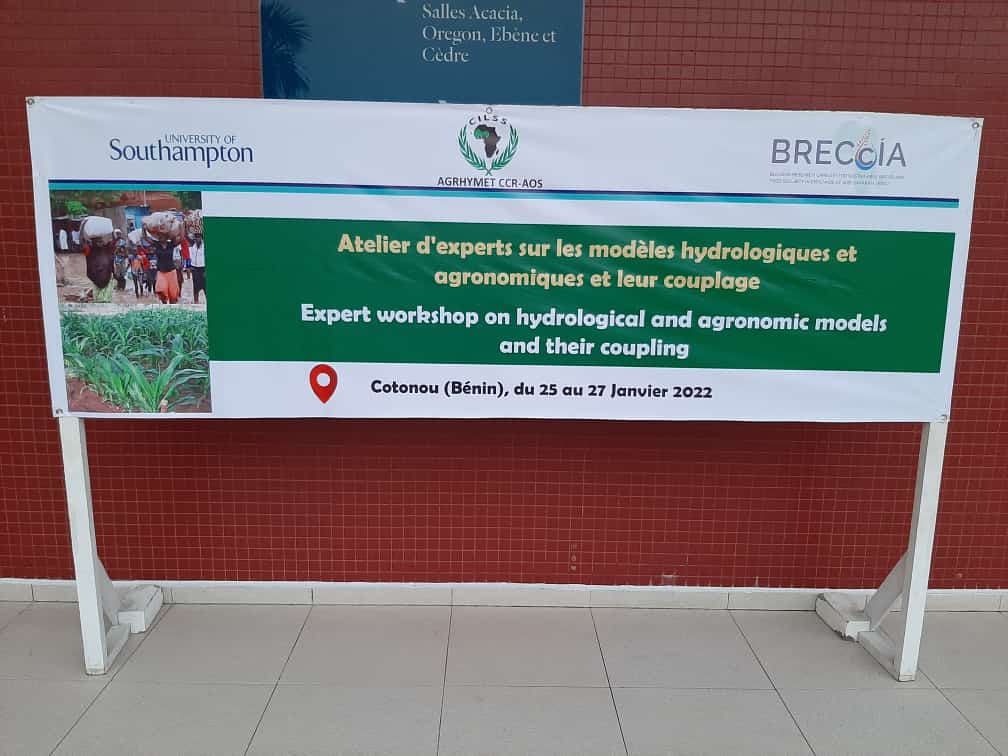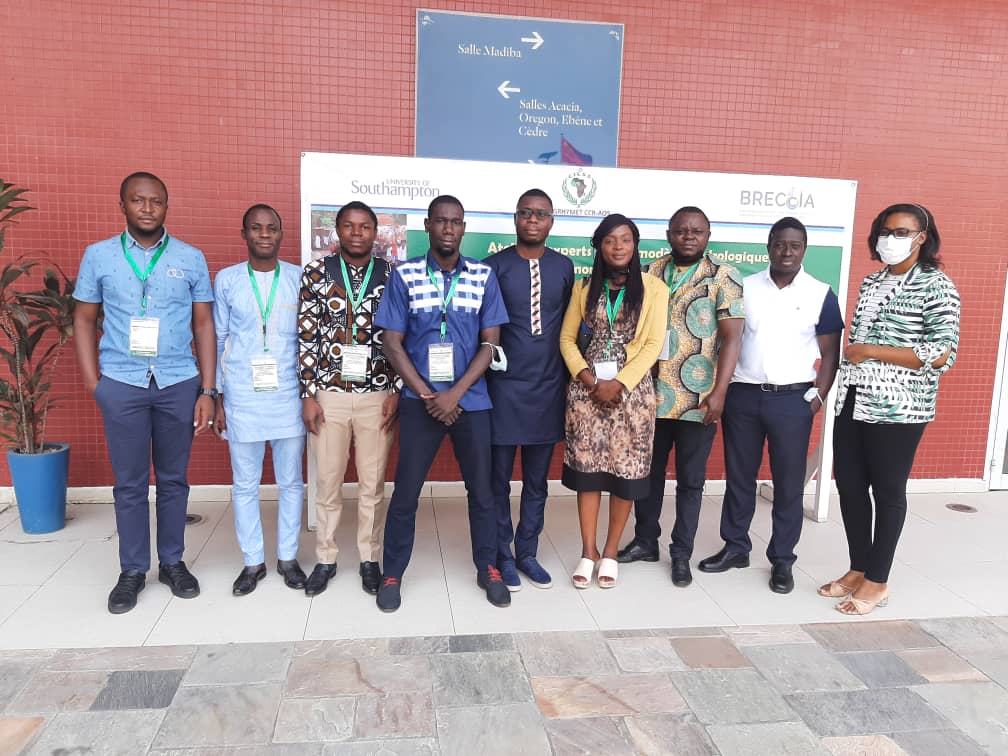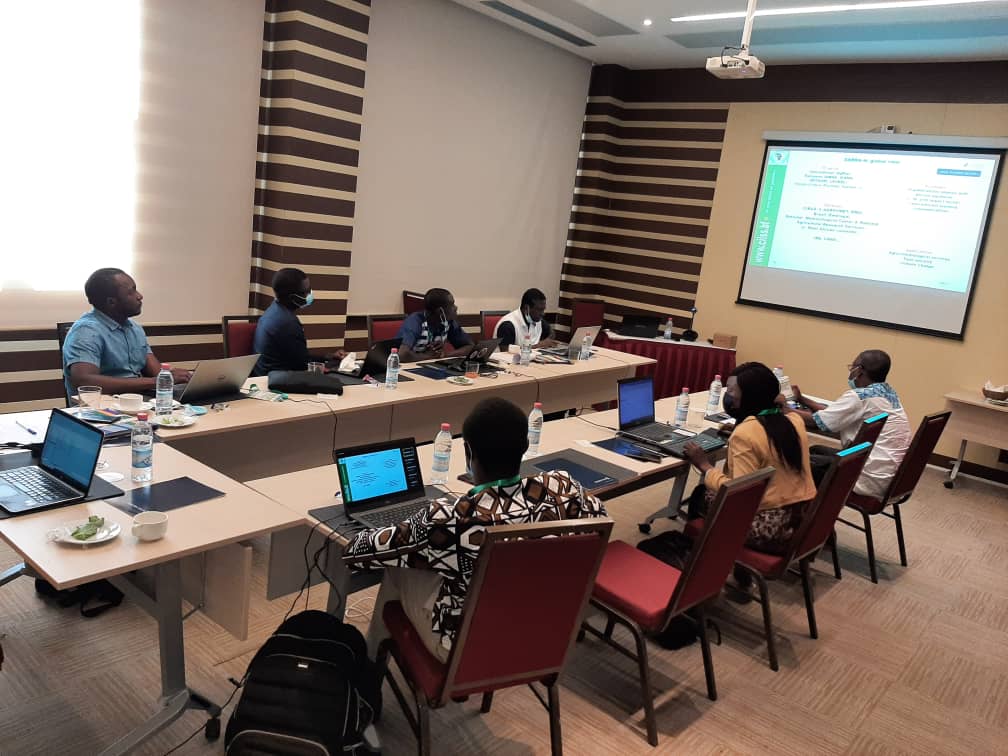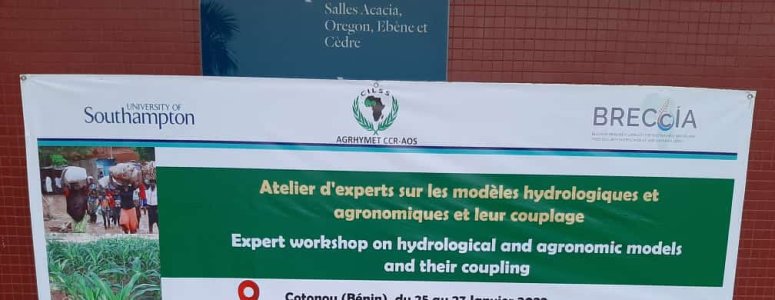By Dr Charlene Gaba
Report from the 25 – 27 January 2022 Expert workshop on hydrological and agronomic models and their coupling, Cotonou, Benin.

African countries in general and in particular those in arid regions including the Sahel often face food and nutritional crises linked to unfavourable agroclimatic conditions. In order to face this challenging situation, it is of great help to have operational tools which efficiently support monitoring, forecasting, and early warning for better management of these unfavourable climate risks and thus strengthening the resilience of populations. It is within this context that the AGRHYMET Regional Center in collaboration with the University of Southampton as part of the BRECcIA project has organised an expert workshop on the state of the art of hydrological modelling, agronomic modelling and coupling methods between hydrological and agronomic models. The workshop was held on the 25th, 26th et 27th January 2022. International experts in the field of hydrological modelling, crop modelling and coupling of models were gathered in person at the Golden Tulip Hotel, Cotonou (10 participants) and online (18 participants). Presentations from experts were on the state of the art, challenges, and approaches of solutions for hydrological and agronomic modelling in general and in particular in the West African context. The question of coupling hydrological models with agronomic models in general and in particular in the African context was also addressed. Presentations were followed by insightful and rich discussions.

We would like to highlight that application of Machine learning (ML) to hydrological/crop modelling was also part of the exchanges. General principles on ML were explained and specialised systems like recommender systems, neural networks were presented with simple everyday life examples (such as Facebook, Netflix, YouTube, etc.). Some of the machine learning techniques that are already being used in hydrological/crop modelling were mentioned. But new prospects and innovative ways to apply machine learning techniques to hydrological/crop modelling were suggested.

A number of recommendations concerning technical aspects as well as policy aspects were made. Possibilities of collaboration with other experts and institutions (in particular International Center for Theoretical Physics ICTP-Italy, University of Grenoble Alpes, France, Duke University, USA) were proposed and are under serious consideration.

